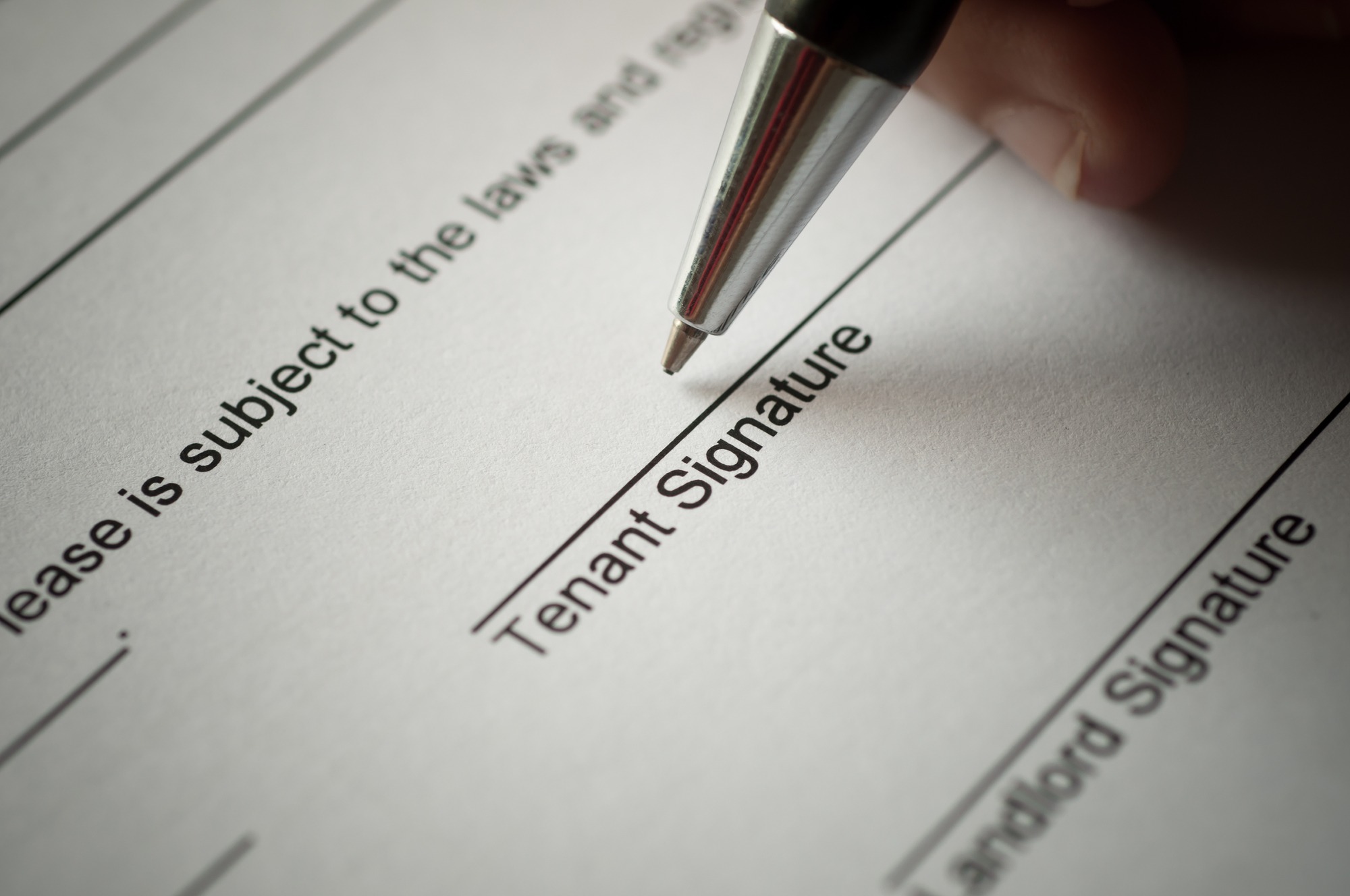
Wouldn’t life be easier if people just did what they said they’d do?
That shouldn’t be unreasonable, yet people – tenants and landlords included – disappoint each other every day simply because they don’t do what they said.
When a tenant and landlord sign a contract, they’re saying they’ll follow the agreed-upon rules. As long as tenants and landlords both do what they say, there shouldn’t be many problems during the term of the lease. But if either party breaks a rule, there’s much more to follow than disappointment. It’s a legal issue. They’ve committed a lease violation.
What Are Lease Violations?
Lease violations are anything a tenant or landlord does that violates the agreement they signed. The most common one is non-payment of rent, but it’s not the only issue. Here’s some of the other ways a tenant can break a lease:
- Housing unauthorized occupants
- Smoking in the rental
- Keeping unauthorized pets
- Causing a disturbance to neighbors
- Not maintaining the property as agreed
- Storing an unregistered vehicle at the property
- Damaging the property
In any of these circumstances, the landlord can take legal action against the tenant — either charging for damages or starting an eviction process.
The Tenant’s Right to Break a Rental Lease in Texas
However, there are a few reasons tenants can justifiably break a lease. These are the three most common issues that warrant an unpenalized early termination of the lease.
1. Owner in Violation of Lease
The owner has to uphold their part of the lease. So, if the landlord doesn’t address a repair that affects the health and/or safety of a tenant, the tenant has the right to move out.
2. Domestic Violence
If a tenant is a victim of domestic violence, they can break lease without penalty.
3. Military Duty
If a tenant enters active military duty, they have the right to break lease under federal law. They simply need to give written notice to terminate the lease 30 days in advance.
How to Prevent Lease Violations
The best thing a landlord can do to keep a tenant from trying to get out of their lease is to keep the property in good condition. So always have cash reserves. For houses of less than 10 years old, we recommend keeping 1% at your disposal. Why? If the AC goes out, you need to be able to pay for it. You’ll have to fix the property eventually to lease it again, so you might as well fix issues as they happen. Then you avoid violating the lease, having a vacancy, and owing a tenant damages.
Cash reserves also give you the freedom to update your property between tenants. Look at inspection reports and make sure your house is rent ready before a tenant moves in. Then keep up preventative maintenance on items like HVAC, lawn, and your foundation to save you money in the long run.
To avoid tenants who need early termination of lease, there’s only so much you can do. But the biggest thing in your control is screening. Sure, you won’t catch every potential issue, but you’ll prevent a lot of problems with thorough background checks.


